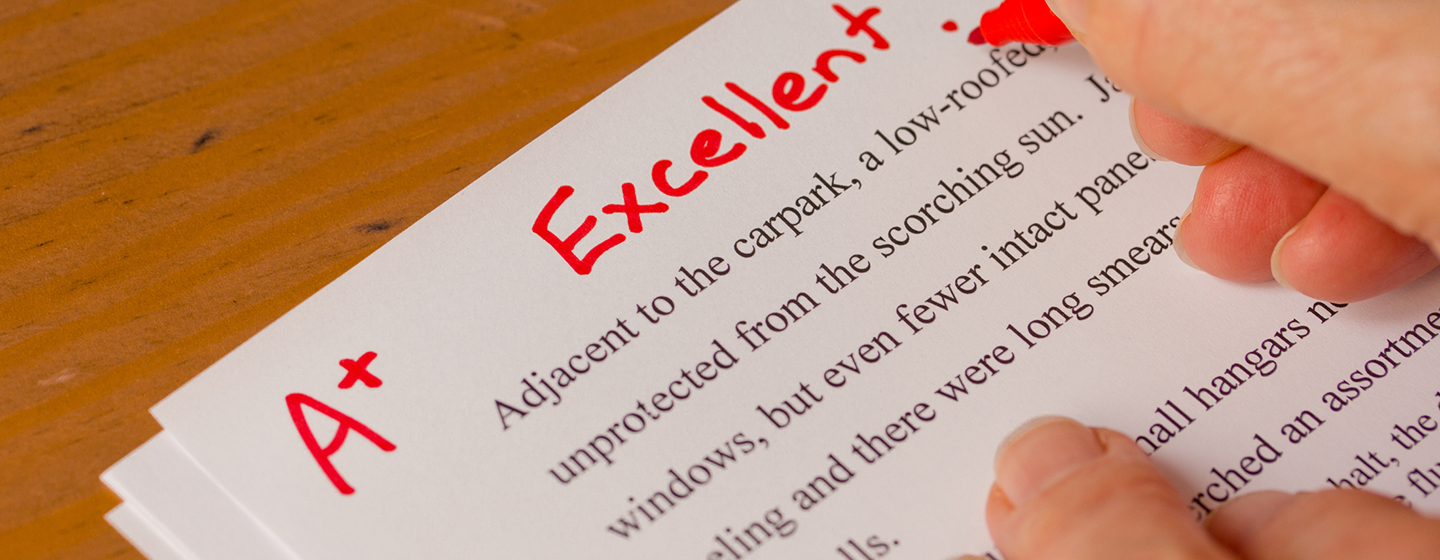Prior to this week, I never thought about my information diet. I understood that information was always coming at me and as I scrolled through the internet I gravitated towards some things and not others based on my personal interests and beliefs; but I never realized how filtered my information diet actually was. Everyday, we are so inundated with information that our brains quickly determine the important information and the irrelevant. It is through this process that our brain keeps its efficiency, but our information diet shrinks. We have only so much room in our memory bank that we seem to dump the information if it does not seem useful (Berger, 2016). Without even realizing it, our brains confirm information that aligns with our current beliefs and negates information that does not (Gee, 2013). We’ve all heard the phrase “There’s two sides to every story”. With this in mind, it is important for us to remember that as we receive new information everyday we must open our minds to the possibility of other ways of thinking. It is when we do this that we can truly innovate and create something new. When we take the time to open up our information diet to more than the status quo, we allow ourselves to see things from other perspectives. It is then that we can ask the wicked questions with fresh eyes and an open mind.
After this week’s readings, my eyes have been opened. I have been living in an information bubble for the most part. For one thing, my mind is always being pulled in twenty directions (school, family, after school programs, etc.) and because of that I pay attention only to the things that seem relevant to me. But when I do this I place myself in an information anemic environment. The visual that comes to mind when I think of this is my Pinterest. We’ve all been there, engrossed in the world of Pinterest. It is an amazing tool to use to find information, resources, projects, etc. for all different topics of interest. You can search by specific topics or simply browse the main feed of pins that shows ideas from all sorts of areas of interest. However, I noticed that if I recently searched for things about gardening, the next time I pulled up Pinterest, my main feed would be polluted with images and links to all things gardening. Instead of the home page broadening my horizon to new projects and ideas, it narrowed my view to the specific topics I searched for. In other words, my information diet shrinks. This is great when I am trying to gather information about a specific topic, but aside from that it can be detrimental to my world view. When our information diet shrinks, the possibility for out of the box thinking shrinks as well.
This week, I began to broaden my information diet, by following sites on Feedly that were outside my normal filtered bubbles. I began to follow sites about world culture, the web, untold stories of history, coding, common core, standardized testing etc. I also broadened my Personal Learning Network (PLN) to integrate Twitter. Prior to this class, the idea of using Twitter to find articles and discussions on things of substance had not crossed my mind. I browsed through Twitter every once and awhile to see some things my teacher friends were doing in their classroom or for funny anecdotes from famous people, but that was about it. However, after I did some exploring this week, I realized what a valuable tool Twitter can be. I found articles and discussions about educational reform, common core, and standardized testing. While broadening my info-diet, I made sure I read articles from both perspectives and not just the perspective I agreed with. I was and still am determined to have a well-rounded information diet and not a biased view of a topic. By broadening my information diet, I am opening myself up to asking wicked questions that lead to innovative thinking and ideas. I am working to escape the box of filtered information and explore the world through new eyes.
References:
Berger, W. (2016). A more beautiful question: the power of inquiry to spark breakthrough ideas. New York: Bloomsbury.
Gee, J. P. (2013). The anti-education era: creating smarter students through digital learning. New York: Palgrave Macmillan.
Below you will find my Storify showcasing some of the “healthy information” I added to my diet this week. Click on this link to read the storify below online.
-
In my search to widen my Information Diet so that my perspective can be broadened and my mind can be opened, I stumbled across some amazing conversations about education and the world. Take a look at the various websites and conversations that can spark change in the world of Education.
-
Article | How Furniture Influences Learning | Collaboration | MKT17295
Schools use mobile classroom designs to get students to actively tune in to lessons. -
Core of the Problem: The Real Agenda Behind #CommonCore…: http://youtu.be/oMy_92XXS_4 June 04, 2017 at 09:30PM
-
I’m angry with what I saw this week. Students are not data points. Standardized testing needs to go. #publicschool #standardizedtesting
-
 4 Ways Technology Is Shaping the Future of Grading
Providing feedback with a report card alone is a thing of the past for 21st-century educators.
4 Ways Technology Is Shaping the Future of Grading
Providing feedback with a report card alone is a thing of the past for 21st-century educators. -
To Test or Not to Test…That is the Question http://buff.ly/2rF3oDl #homeschooling #standardizedtesting http://fb.me/7GoZcQZEO
-
 Is the U.S. education system producing a society of “Smart Fools”? http://buff.ly/2qCwPoO #K12 #standardizedTesting #SAT #testing pic.twitter.com/sjU59RuQIE
Is the U.S. education system producing a society of “Smart Fools”? http://buff.ly/2qCwPoO #K12 #standardizedTesting #SAT #testing pic.twitter.com/sjU59RuQIE -
 Artists May Have Different Brains (More Grey Matter) Than the Rest of Us, According to a Recent Scientific Study
Image Photo courtesy of the Laboratory of Neuro Imaging at UCLA. Sometimes—as in the case of neuroscience—scientists and researchers seem to be saying several contradictory things at once. Yes, opposing claims can both be true, given different context and levels of description.
Artists May Have Different Brains (More Grey Matter) Than the Rest of Us, According to a Recent Scientific Study
Image Photo courtesy of the Laboratory of Neuro Imaging at UCLA. Sometimes—as in the case of neuroscience—scientists and researchers seem to be saying several contradictory things at once. Yes, opposing claims can both be true, given different context and levels of description. -
 Minecraft: Education Edition’s Code Builder Helps Teach Science Standards
Updates to the game-based learning tool make state-required curriculum more creative.
Minecraft: Education Edition’s Code Builder Helps Teach Science Standards
Updates to the game-based learning tool make state-required curriculum more creative. -
 Flexible Seating in a Reggio-Inspired School #reggioinspired #flexibleseating http://bit.ly/2qBXINF pic.twitter.com/ldni4aohIw
Flexible Seating in a Reggio-Inspired School #reggioinspired #flexibleseating http://bit.ly/2qBXINF pic.twitter.com/ldni4aohIw -
Working on a blog about how we’ve made #flexibleseating work in our #Kindergarten class! So proud of how far we’ve come with #flexseating pic.twitter.com/Li6YddoRSPhttps://t.co/Li6YddoRSPpic.twitter.com/Li6YddoRSPhttps://t.co/Li6YddoRSPpic.twitter.com/Li6YddoRSP
-
 The Importance Of Stand-Up Desks In Start-Ups
A new revolution is slowly brewing in organizations in office working, regarding the health and fitness of their employees. Just imagine what havoc can sitting for eight to 10 hours …
The Importance Of Stand-Up Desks In Start-Ups
A new revolution is slowly brewing in organizations in office working, regarding the health and fitness of their employees. Just imagine what havoc can sitting for eight to 10 hours …

I really enjoyed reading this week. How funny that I got assigned you for feedback this week right after we decided to work together!
I appreciated your comments about Pinterest. I think that’s a prime example of how we can get into certain interest bubbles. That’s not always bad! For instance, I get some great writing and sci fi stuff off of Pinterest, but like you said, being open to new ideas can lead to true innovation.
I also really liked your articles. I did Storify too, but mine looks different, and I didn’t figure out how to embed it yet. I got a link to work though.In any case, I think we’ll find some interesting articles, sites, videos, etc regarding our wicked problem of rethinking teaching!
LikeLiked by 1 person